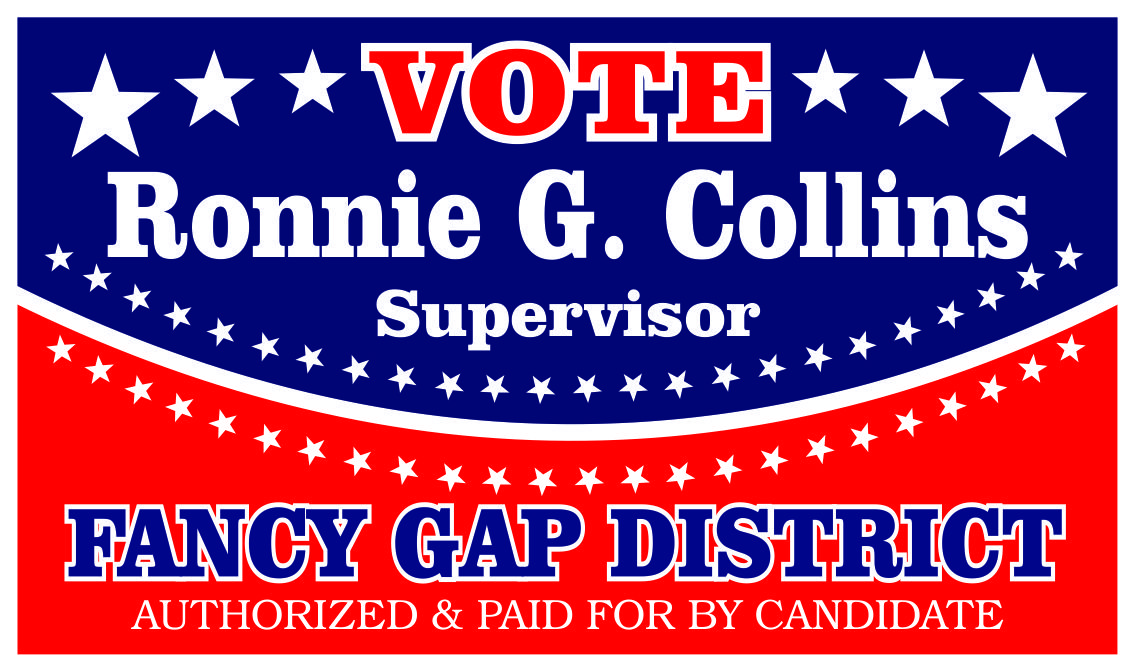Source – The Call 2
By Nathan Malone
At our next Holston Annual Conference in June 2011, we will vote for the people who will represent us at the 2012 General Conference. I encourage our voting clergy to let the Holy Spirit that is God guide your vote — and not some block of voters who have asked for your vote.
In the past few decades, our nation has become politically divided into conservative and liberal “camps.” Both groups believe they have all the answers to what ails our land and believe the other group is the primary cause of any failures. The other group is constantly demonized; its people are laughed at and shouted down.
The Church is infected with the same mentality. Deep down, too many Christians couldn’t care less about denominational affiliation but simply want to know, “Are you conservative or liberal?” They refuse to talk to each other or even consider the viewpoint of the “enemy group.” I believe this division is a primary factor in the decline of many churches across denominational lines.
This mindset also infects the way we vote for our General Conference members. Blocks of like-minded brothers and sisters are already meeting to choose candidates whose viewpoints match their own. (Yes, there are more than just those two “blocks.”) I know of clergy members who were approached at this past Annual Conference by those inquiring about their willingness to serve on behalf of “the right camp.”
I do not believe the Holy Spirit guides those kinds of games; I encourage each of you not to participate. Yes, it is good to discuss your voting considerations and priorities with your sisters and brothers. Of course, it is appropriate to ask candidates where they stand on certain beliefs and issues. However, I do not believe it is Spirit-guided to vote for a particular person just because someone said, “Here is who our side is voting for.”
As you prayerfully discern the way God wants you to vote, may I suggest at least two guiding criteria:
- Diversity: We are a diverse group of clergy, and our delegation should reflect that fact. Aim for diversity in age, ethnicity, gender, and the inclusion of at least one deacon.
- Young adults: If we really do want young adults in our churches, then we must trust them in leadership positions. I believe at least three of our seven clergy delegates should be under age 40. Even at that age, it is possible for a person to have 10 to 15 years of experience as a clergy member.
Let’s stop playing the culturally-influenced political games. Pray about it, do your “homework,”and let the Holy Spirit be your guide.
The Rev. Nathan Malone is senior pastor at Burks United Methodist Church in Chattanooga District.
